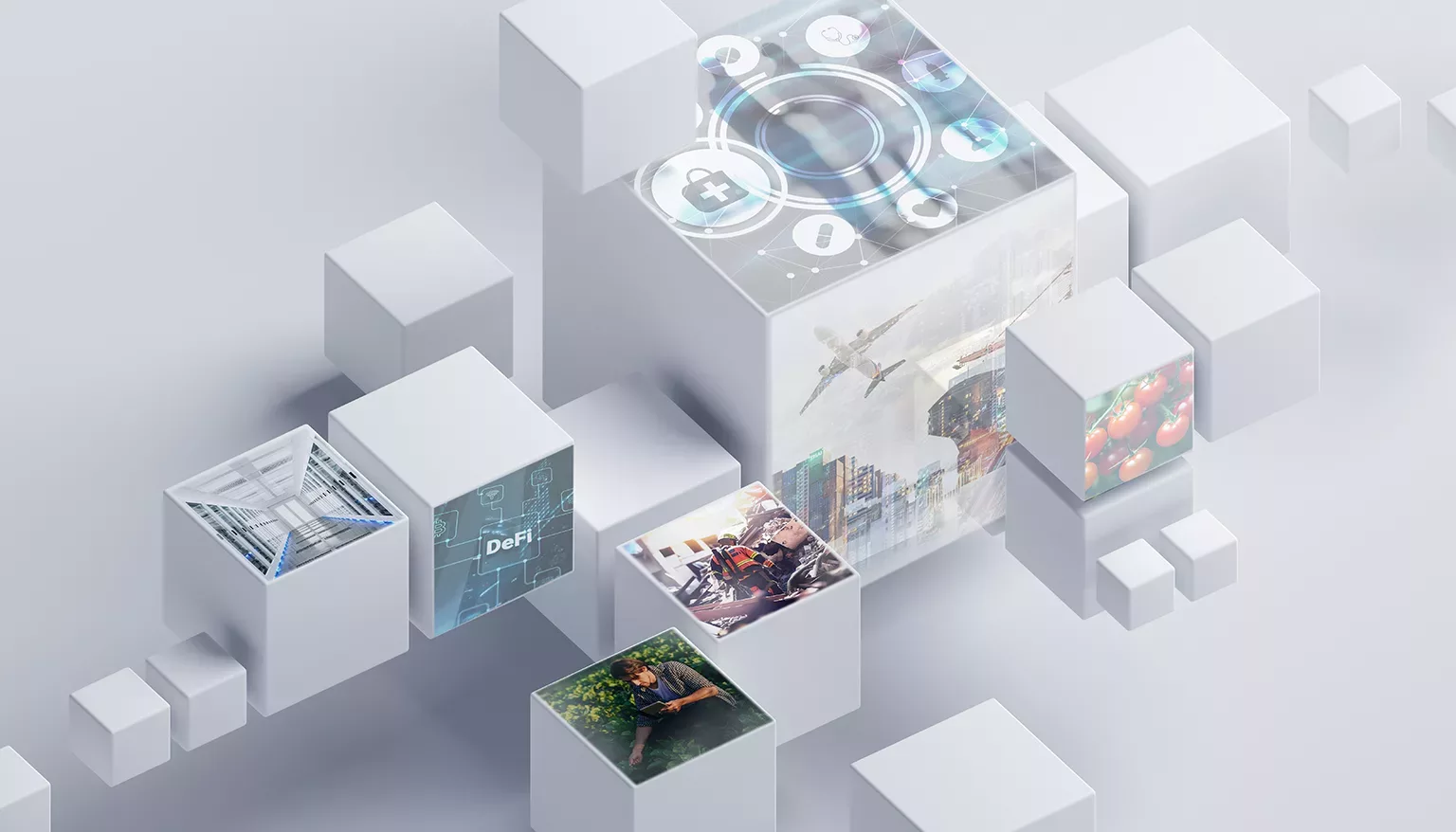Matt Hawkins, CEO and Founder of the cloud infrastructure as a service platform, CUDO, unpacks how tech can be the power for good across Africa.
WHEN TECH, COMMUNITY, AND THE ENVIRONMENT COLLIDE
The impact of climate change is becoming increasingly clear around the world. And so is the reality that it is the poorest countries and communities that are hit the hardest.
Low-income countries like Malawi have experienced a series of extreme weather events in recent years, including droughts and floods, which have left millions of children in need of urgent humanitarian assistance. Environmental change is exacerbating existing inequalities – and the countries which have contributed the least to the problem, are bearing the brunt of its effects.
Developing countries face the challenge of driving social and economic change through an era of climate change. So that means developing sustainably, too.
Technology is going to play a central role in achieving this goal. Smarter systems, with sharper data, continue to open new innovative doors for sustainable growth. But if we want tech to be a true ally in this fight – we need to combat its own contributions to rising temperatures.
HIGH DEGREE DATA
One of the key challenges facing the technology industry is the enormous energy consumption of data centres. As global online traffic rises, data centres are working overtime to keep up with increased demand. Estimates suggest data centres currently account for approximately 1.5 percent of global energy consumption – and this figure is set to rise to eight percent by 2030.
The world needs data. But it needs to utilise it more sustainably.
Some solutions are emerging. For example, Exmouth Leisure centre in the UK is using a miniature data centre to save thousands of pounds every year. The unit is surrounded by oil, which traps the heat and subsequently heats the swimming pool. QScale, a data centre development firm in Canada, has employed a similar strategy to pair its hubs with greenhouses – pledging to cultivate over 80,000 tonnes of tomatoes annually.
One solution to this challenge is through the use of decentralised marketplaces. These blockchain based systems leverage distributed computing power from a network of devices. These marketplaces reduce potential carbon emissions and increase overall computing capacity without the need to build new hardware.
Blockchain technology is becoming increasingly important across a myriad of sectors, including finance, logistics, supply chain, healthcare, telecommunications, and agriculture. In each of these areas, the shift has been driven by a need for increased trust, security, transparency, and traceability of data shared across business networks.
One of the most promising uses of blockchain technology in the context of sustainability is the coordination of disaster relief efforts. By offering a decentralised platform for the sharing of real-time resources and information, blockchain can help communities coordinate and respond more effectively to disasters – as well as build more resilient systems.
“As the world celebrates Earth Day, it is important to recognise the potential of technology to be a force for good, promoting sustainability and empowering communities”
Matt Hawkins, CEO and Founder, CUDO
BLOCKCHAIN AND SUSTAINABILITY IN AFRICA
In the context of Africa, the potential for this technology to promote sustainability and empower communities is enormous.
Blockchain technology is enabling farmers to accurately track vital information about their products and processes, which has increased the transparency of supply chains and reduced issues related to illegal and unethical production. It also helps external parties – such as social impact projects and NGOs – monitor and report their performance towards the achievement of Sustainable Development Goals (SDGs).
Mpowa is a platform for the democratisation of the clean technology revolution. It’s a SaaS start-up creating new opportunities for growth by blending CleanTech, blockchain, and impact investing.
By blending CleanTech, blockchain, and impact investing, Mpowa is creating new opportunities for growth and development in communities that have traditionally been left behind. Its Managed Vendor Partners (MVP) supports end-to-end disaster response use cases – from crowdfunding on an external blockchain platform (OneStep) to the actual physical deployment of goods and services. All with full transparency and traceability, via the CUDOS blockchain.
As the world celebrates Earth Day, it is important to recognise the potential of technology to be a force for good, promoting sustainability and empowering communities. Through decentralised marketplaces and blockchain technology, new avenues are opening to support those most impacted by climate change – creating more resilient and sustainable communities in the process.






























